Blockchain In Schools and Colleges
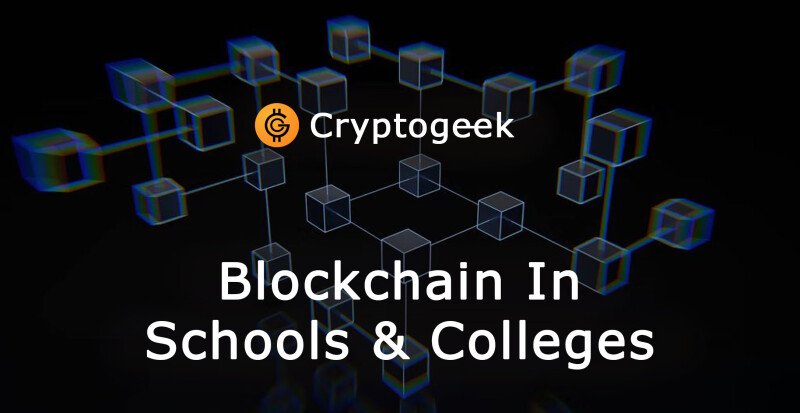

Blockchain technology is associated with digital currencies such as bitcoin and Ethereum. This technology is decentralized, and the data entered are kept in interlinked blocks in chronological order. This makes it easy to trace the origin of the data and verify its authenticity. Several sectors are now adopting this technology, especially the financial sector. However, one of the industries where blockchain technology has become prominent is education. It’s still in the infancy stage in this sector, and only a few institutions have adopted it, but there are reasons to believe it has massive potential benefits for this sector.
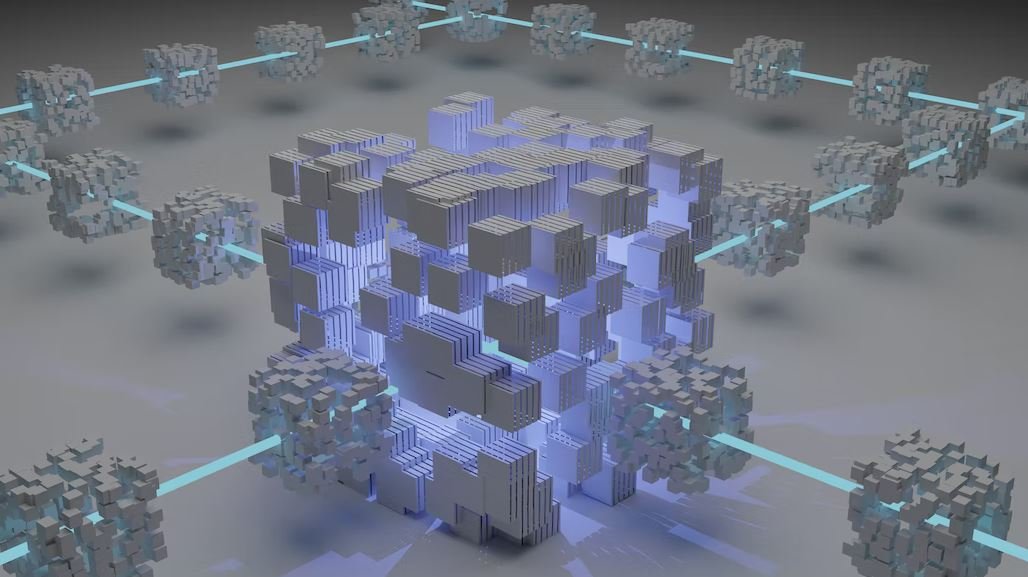
This technology can revolutionize the education sector in several ways and has several benefits, such as improving educators’ efficiencies through smart contracts, enhancing lifelong learning opportunities, and allowing students to own their academic records. There are several promising possibilities, such as scalability and data security.
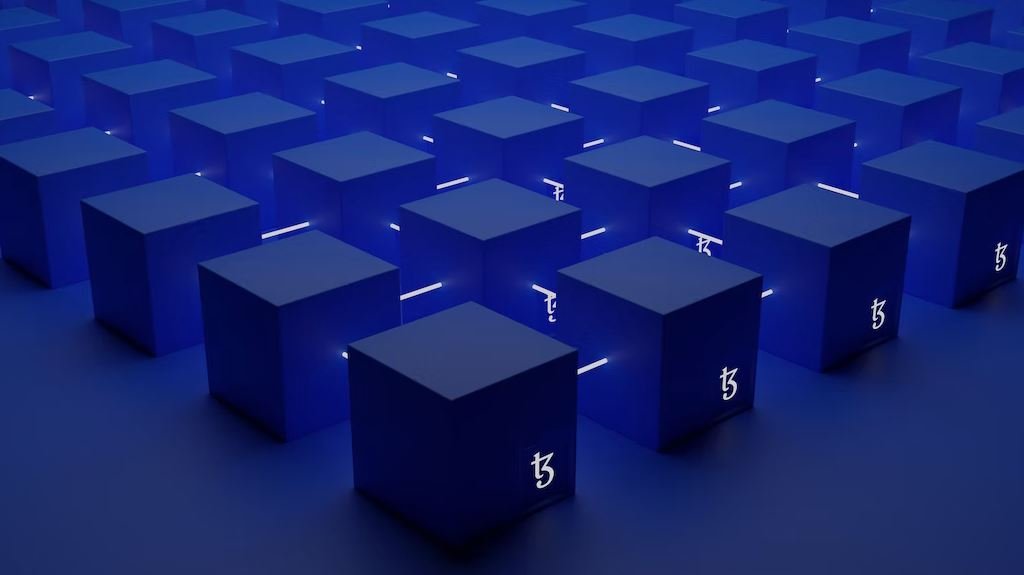
As this technology evolves, blockchain will likely play an increased role in education. This article discusses some of the benefits of blockchain in colleges and schools.
1. For keeping student records

Record keeping is one of the most widespread uses of this technology in education. There’s an endless number of student records, making it very time-consuming to verify academic credentials because of the case-by-case checking and the number of paper documentation involved. Blockchain eliminates the overhead involved in this process and ensures the verification procedure is streamlined. This helps administrators and educators to save time with issues like transfers between states and schools.

The use of blockchain ensures that institutions admitting transfer students can easily verify their records and confirm their courses. This is similar to the record-sharing concept between employers.

Digital transcripts are usually very detailed, including information about the courses taken, attendance, and results of their papers or exams. People that can echo a student’s transcript (another school or a potential employer) can see the student's performance assessments. Hence, this technology is highly valued across all levels of education, from primary to secondary and higher institutions.
2. Blockchain for college curricula
Blockchain technology can also potentially transform how college curricula are managed. Firstly, it offers a secure storage capacity for coursework and digital syllabi. Many institutions still rely on hard drives, which can be risky as the drives can be compromised or damaged. Another option is to use cloud storage, but some institutions may find it too expensive.
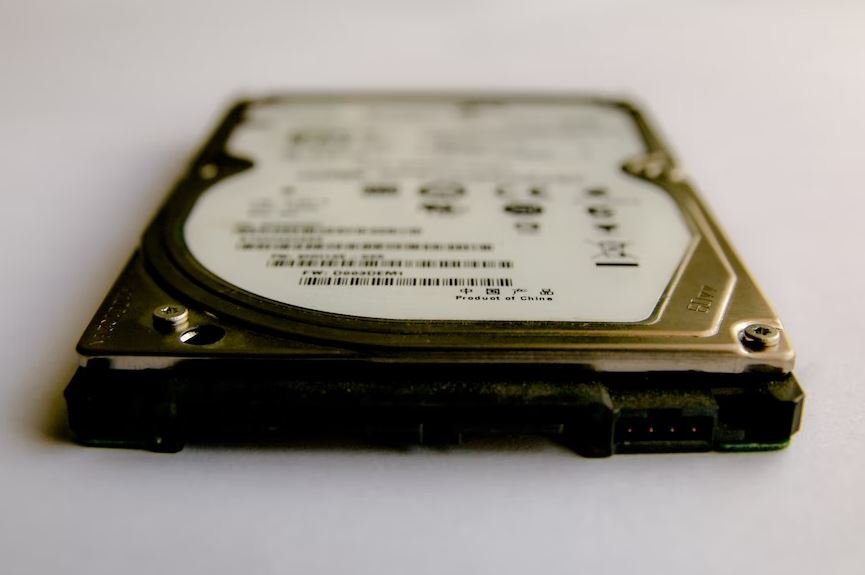
Blockchain also ensures that educators can find their jobs more easily using smart contracts. A smart contract refers to a blockchain’s code to execute certain procedures automatically once specific conditions are met. For instance, teachers can program their courses and lessons into a blockchain and create tasks for their students. The smart contract will verify automatically once each task is completed and provide the next task for the student until they complete all tasks. For instance, it wouldn’t matter if the student used a cheap essay writing service service or paid the premium for an assignment writing service; once the technology verifies that they’ve submitted their essay assignment, they’ll get the next task.
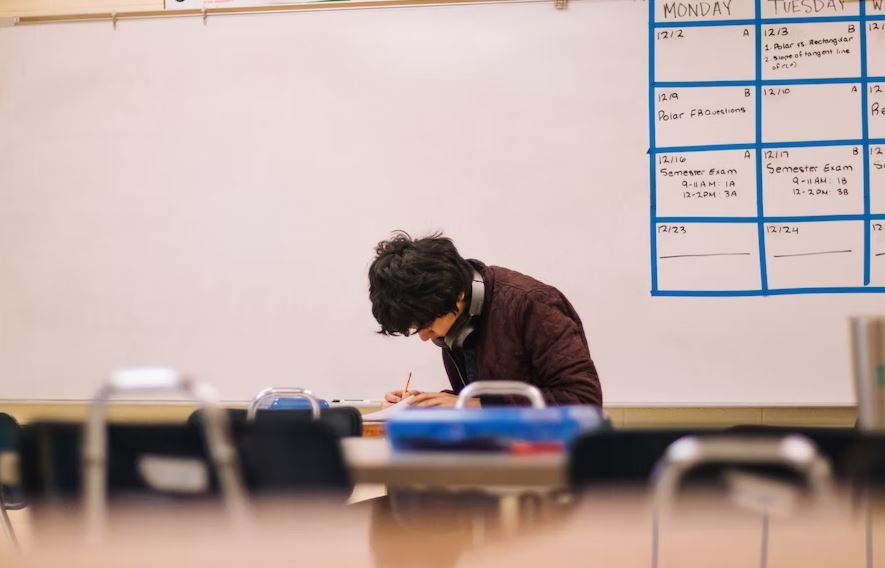
Teachers can also use technology to help them with grading students. They can program all their exams in a blockchain, including the questions, answers, and scoring parameters. The students only need to take the exam with their tablets or computers. Afterward, the technology does the grading, giving the teachers more time to accomplish other endeavors. The student’s score will also be part of their academic record securely stored on the blockchain.
Blockchain also improves online learning quality by enhancing the accreditation process. Online education is very convenient and may occasionally lead to uncertified or unaccredited persons and institutions operating on the same playing field as reputable organizations. This poses lots of risks to online learners. However, using blockchains to record accreditations provides security and transparency.
3. Reducing education costs

One of the biggest potentials of blockchain is that it can transform the academic landscape with the way it opens up new and affordable learning pathways. It’s usually very labor-intensive to manage student tuition payments. It involves several parties, like parents, students, private loan companies, scholarship foundations, state and federal institutions, and the university’s finance department. Blockchain can help to streamline this process. Consequently, this reduces the administrative overhead and potentially lowers the tuition fee.

Blockchain technology is already used for some courses and learning scenarios, which rely on cryptocurrency for payment and deploying smart contracts. With the US student loan debt surpassing $1.7 trillion, many people would be interested in trying other options to afford a college education.
Blockchain technology can also provide wider access to free and open educational resources in the public domain and can be used and redistributed, like books, videos, and podcasts. This technology can securely and cheaply share these resources across public networks.
Conclusion
Blockchain technology is gaining impact rapidly across several sectors, and the education sector isn’t left out. It has several uses and benefits in colleges and education, and this article discusses some of them.

I migliori tutorial
-
Что такое хард-форк?Jul 27, 2020
-
Стейкинг на Ethereum 2.0 и его основные особенностиAug 01, 2020
-
Инновации на основе блокчейна в сфере энергетикиAug 03, 2020






Qui non ci sono ancora commenti. Sarai il primo!